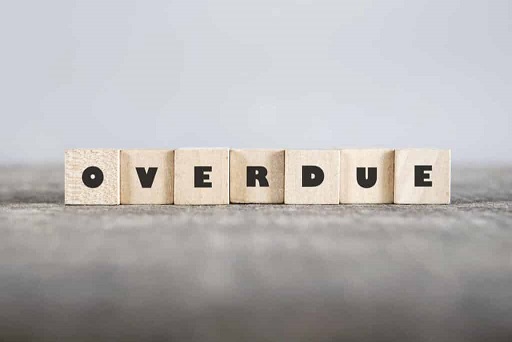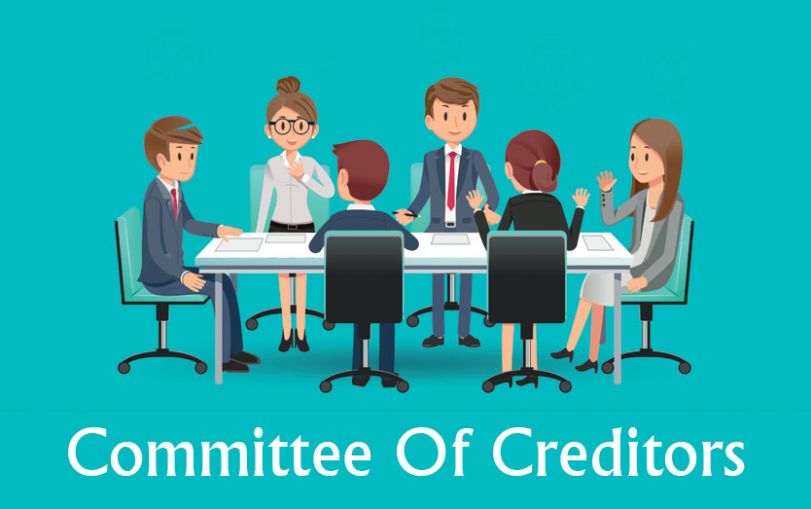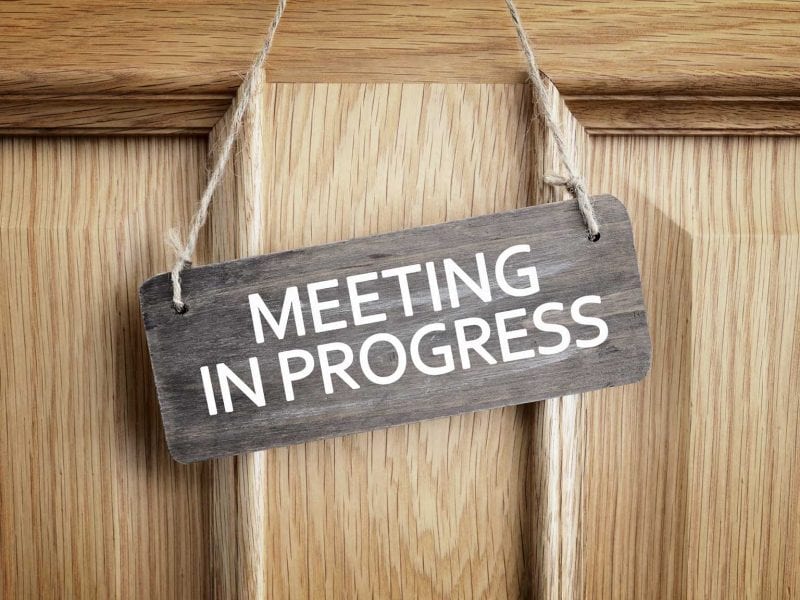Archive for September 2020
Creditors vulnerable without winding-up petitions
The UK Government’s decision to extend the temporary restrictions on statutory demands and winding-up petitions for Covid-19 related debts until 31 December 2020 offers some reprieve for hundreds of thousands SMEs. However, statutory demands and winding-up petitions are essential to debt enforcement and insolvency proceedings. Consequently, it’s difficult to fathom how prohibiting creditors from engaging…
Read MoreBusiness rescue advice: administration vs CVL
When directors resolve not to rescue an insolvent company, an insolvency practitioner (IP) may recommend placing the company into administration. However, in many instances a creditors’ voluntary liquidation (CVL) would be a more suitable insolvency procedure. Whereas companies remain in administration for at least 12 months, CVLs usually take less time and therefore incur fewer…
Read MoreBenefits of a creditors’ committee
Creditors in a statutory insolvency procedure should establish a creditors’ committee if they want to influence proceedings, set the basis for the insolvency practitioner’s fees, and increase dividends for the general body of creditors. A creditors’ committee consists of 3 to 5 people who are responsible for setting the basis of the insolvency practitioner (IP)’s…
Read MoreUnderstanding your insolvency practitioner (IP) Part 2
It’s fair to say the laws surrounding the insolvency regime were written largely by and for insolvency practitioners (IPs). The legislation governing insolvencies throughout England and Wales came into force with the passing of the Insolvency Act 1986. These laws were updated 30 years later with the enactment of the Insolvency Rules 2016. The 2016…
Read MoreHow to make the most of creditors’ meetings (part 2)
Creditors in a statutory insolvency procedure must request and attend a physical creditors’ meeting if they want to assert any significant influence. A meeting of creditors normally takes place shortly after a company becomes insolvent. There creditors get the chance to: Hear an explanation of why the business failed Appoint an insolvency practitioner (IP) Agree…
Read More



